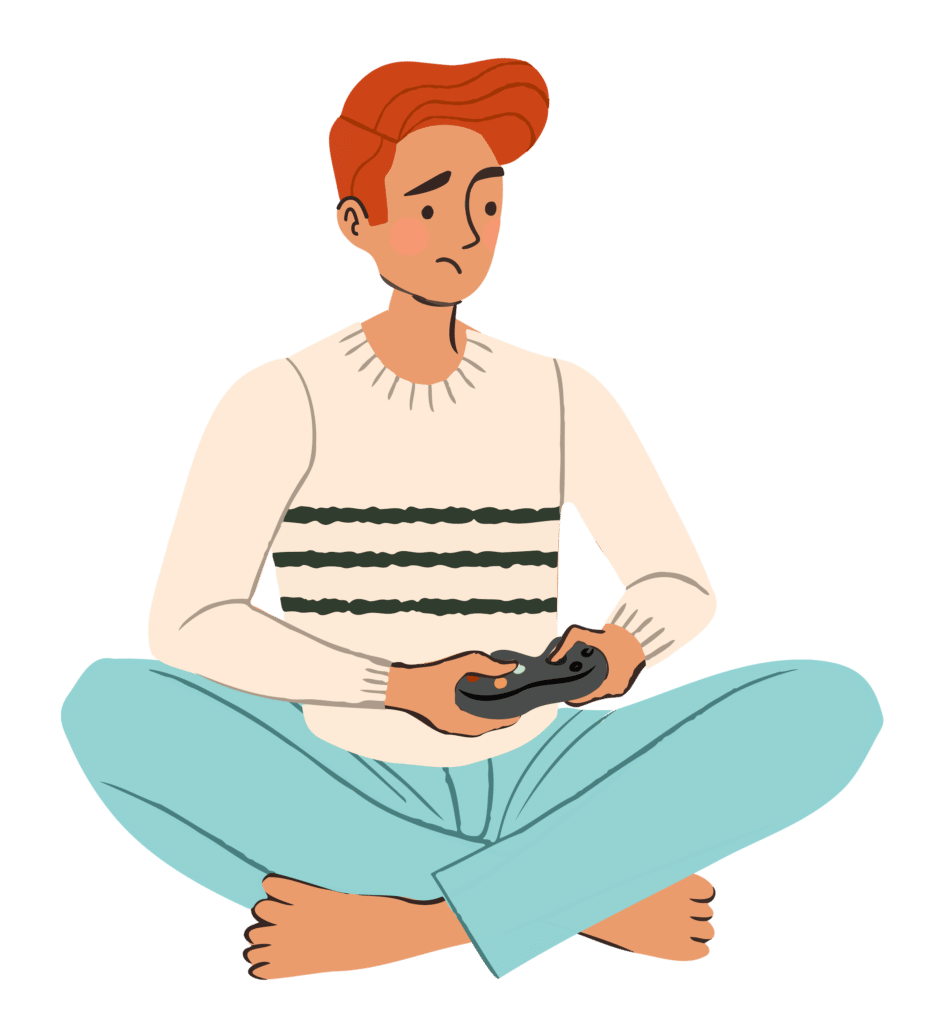The teenage years can be complicated. Teens often deal with feelings of loneliness and the pressures of high school, all while trying to become their own person. This process of growing up can cause dramatic shifts in your teen’s mood.
Some teenagers have higher risk factors, such as genetic predispositions to depression if family members are suffering from depression.
If you’re worried that your teen is feeling more lonely and isolated beyond what can be expected through teen development, they may be suffering from major depression disorder. But there are steps you and your teen can take to understand and help them navigate through this difficult time.
What is teen depression?
Depression in teens is a mental disorder characterized by persistent negative moods, including unhappiness and manifests in a number of somatic and cognitive symptoms, outside of the normal ups and downs of teenage years.
Signs of Teen Depression
If you’re worried your child may be suffering from depression, it’s important to know what to look for. Signs of depression are:
- Acting out with defiance or disruptiveness
- Easy to anger, or general irritability
- Anxiety and social isolation – a loss of interest in activities and people
- Declining school performance, or refusal to go to class
- Fatigue and sleep problems, including trouble falling or staying asleep, or sleeping excessively
- Low-self esteem, restlessness or worthlessness
- Mood swings or bouts of sadness that seem out of proportion
- Frequent health complaints, including stomach aches, loss of appetite, or other pains
- Smartphone addiction, specifically social media and internet use
- Running away for short or extended periods of time
- Alcohol or drug abuse of any kind
It isn’t always easy to identify if your teen is going through depression or the loneliness that sometimes accompanies the teen years. Because depression looks different for every person, it can be hard for even the individual who’s suffering from depression to understand what they’re facing.
In a survey of high school students in the U.S., it showed that 10% of boys and 22% of girls reported that they had ideated suicide. This is a major cause for alarm. The U.S. Surgeon General has warned that the rise in depression and anxiety in young adults is linked to social media and screen time.

Teen depression is different than adult depression
Understanding signs of depression can help you and your teen work toward feeling better, but it’s important to know the difference between teen depression and adult depression.
The symptoms below have been included in the list above, but are more common for young people to experience compared to adults.
- Extreme moods and irritability. Irritability is typically the predominant mood over sadness in depressed teens. Depressed teenagers tend to be hostile, get frustrated easily, and more likely to have angry outbursts.
- Unexplained pains. Teens suffering from depression complain about physical discomfort and ailments such as headaches or stomach aches. If physical exams by medical professionals don’t reveal a medical cause, these physical issues may be rooted in depression.
- Sense of worthlessness. Depressed teens can have intense feelings of worthlessness, making them more vulnerable to cyberbullying, criticism, rejection, or failure.
- Withdrawing from and changing friends. Rather than isolate, as many depressed adults will do, depressed teens will typically keep at least some friendships going. But depressed teens may hang out with friends less, or start hanging out with different groups.

Helping your teen manage depression
If your child is showing any of these symptoms of depression, it’s important to have an open discussion with them to understand what they’re experiencing. If both of you agree they may be suffering from depression, here are a handful of ways you can help them manage their feelings:
- Talk with their primary care doctor to get their professional opinion on helping your teen
- Encourage IRL connections, including spending time with family and friends, even when they don’t feel up to it
- Introduce more physical activities, whether it’s sports or just going for a walk, physical activity releases endorphins that will help their mental state
- Limit screen time, especially social media use, as social media has been linked to low self-esteem
- Support a regular sleep schedule and avoid or reduce screens at night to restore and improve mental and physical fatigue
- Advocate a healthy diet to improve immunities, and even improve symptoms of depression

Talk with your teen
It’s important that your teen knows they can talk to you about what they’re going through on a day-to-day basis. They won’t always want to talk, but by letting them know your goal is to help them and love them, they’ll be more likely to open up when they’re really struggling.
If you suspect teen suicidal ideation
Talking openly about suicide has been shown to help those struggling. It is a common misconception that asking a person if they are having suicidal thoughts will put the idea in their mind, but that has been found to be false.
Studies show talking about suicide may actually improve mental health because it reduces stigma and increases the likelihood a person gets help.
“Asking your child directly about suicide will not increase their risk, or plant the idea. It will create an opportunity to offer support, and let them know you care enough to have the conversation.
You can say, ‘It sounds like you’ve been dealing with a lot lately. Does it ever get so tough that you think about ending your life?’”
—American Founcation for Suicide Prevention
Parents are not alone, and there are resources and organizations to support you and your child.
Caregivers can get trained online in mental health first aid to know researched steps to help those struggling with depression.
If your child, teen, or someone you know is suffering from depression, seek help from a mental health professional. There are several online resources available, including at the National Institute of Mental Health and the Center for Disease Control and Prevention.
Do you have additional resources for helping depressed teens? Please share them in the comments.









Success!
Your comment has been submitted for review! We will notify you when it has been approved and posted!
Thank you!